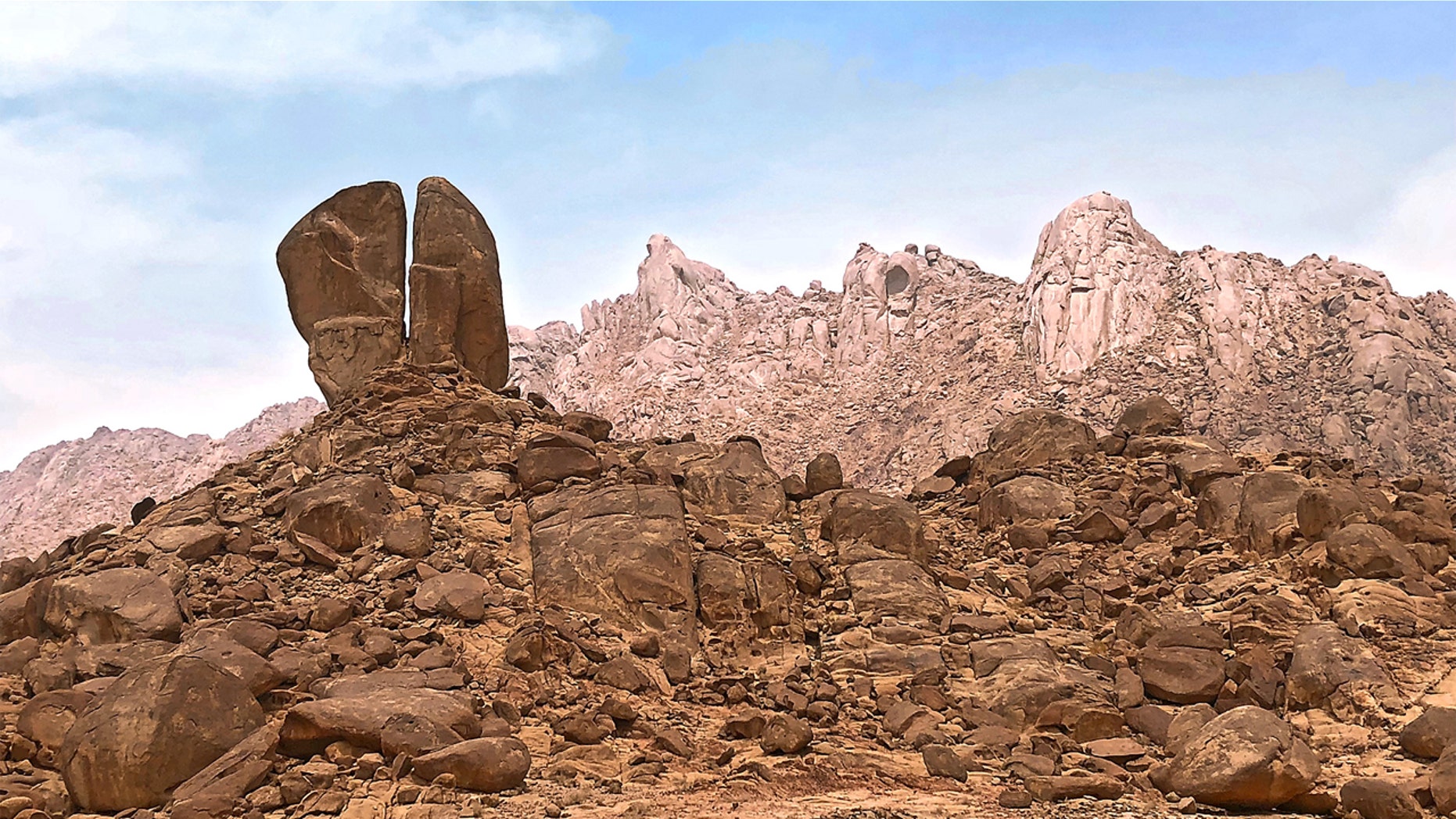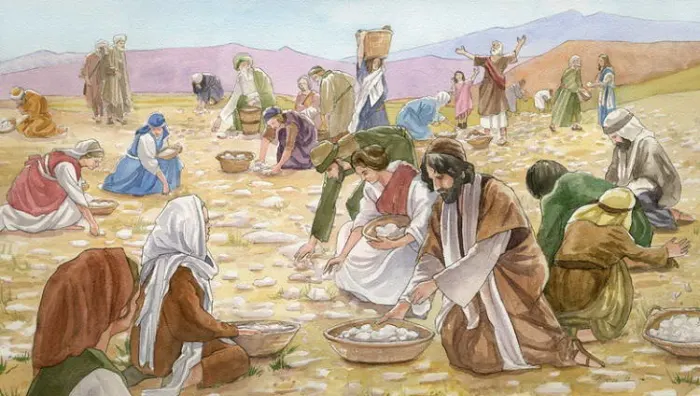Moses showed the consequences of our decisions in his last speech in Deuteronomy.
Moses says in Deuteronomy 30:19-20, “Choose life, that you may live, loving the Lord your God, obeying his voice and holding fast to him, for he is your life.”
The possibility of choosing between life and death goes like a red line through the Bible. It begins in the Garden of Eden with the two trees. Jesus speaks of eternal life and perdition. And in Revelation, humanity reaps the consequences of their choices.
In short, those who love God will live, those who oppose him will perish. God has mercy on those who turn back.
Deuteronomy 30:2 If you return to the Lord your God, you and your children, and obey his voice in all that I command you today, with all your heart and with all your soul, 3 then the Lord your God will restore your fortunes and have mercy on you, … 6 so that you will love the Lord your God with all your heart and with all your soul, that you may live.
 Although the people have experienced God’s care and see his presence in the pillar of cloud and eat his bread daily, they long for Egypt. Instead of turning to God, they harass Moses. It even gets really dramatic. Moses fears being stoned (Exodus 17:4).
Although the people have experienced God’s care and see his presence in the pillar of cloud and eat his bread daily, they long for Egypt. Instead of turning to God, they harass Moses. It even gets really dramatic. Moses fears being stoned (Exodus 17:4). The manna that travelled with the people of Israel when they left Egypt has a deep meaning.
The manna that travelled with the people of Israel when they left Egypt has a deep meaning. When Israel leaves Egypt, God lets his people walk along the trade route towards modern-day Eilat. The goal was taking them to the mountain of God in Midian, as He promised Moses in Exodus 3:12: “When you have brought the people out of Egypt, you shall serve God on this mountain.”
When Israel leaves Egypt, God lets his people walk along the trade route towards modern-day Eilat. The goal was taking them to the mountain of God in Midian, as He promised Moses in Exodus 3:12: “When you have brought the people out of Egypt, you shall serve God on this mountain.” The image of the Passover lamb in Exodus 11 is a preview of the cross of Jesus.
The image of the Passover lamb in Exodus 11 is a preview of the cross of Jesus.